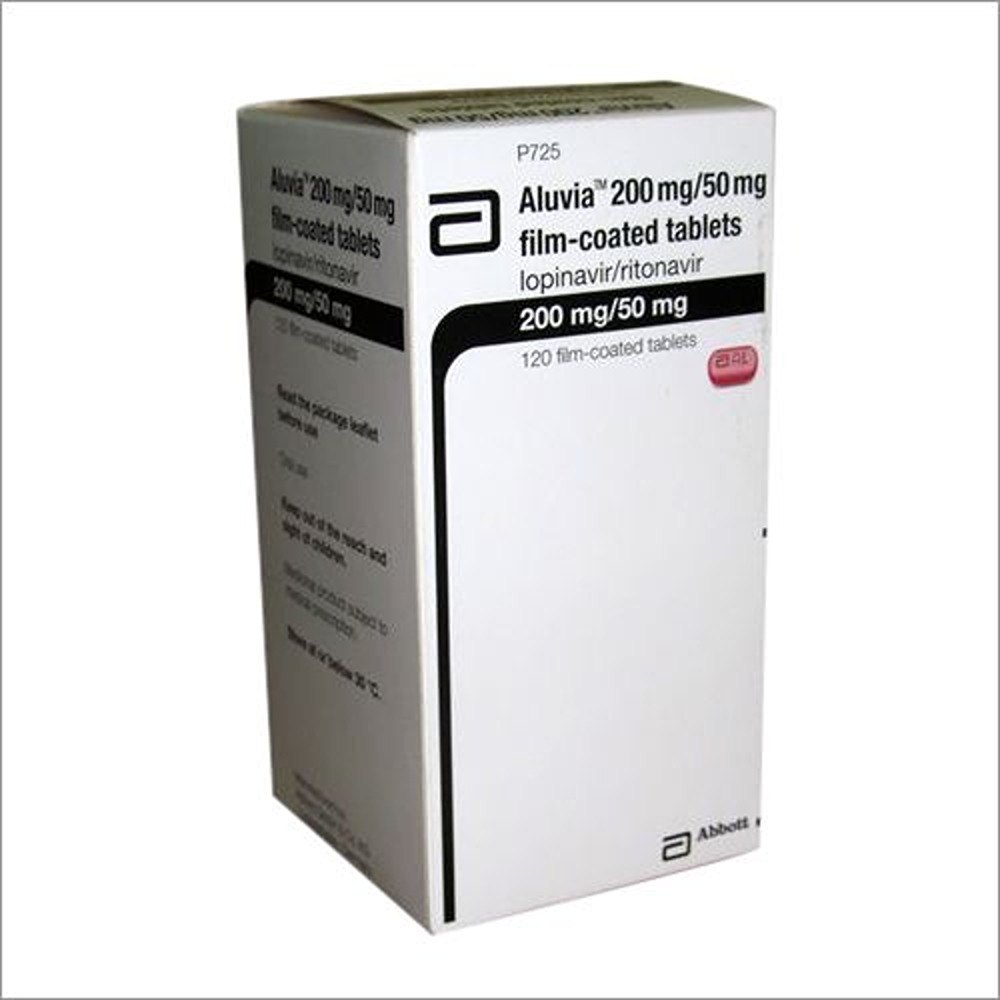Stadine is a medication that contains Stavudine, which is an antiretroviral drug used primarily for the treatment of HIV (Human Immunodeficiency Virus) infection. Below is a detailed overview of Stadine, including its uses, mechanism of action, dosage, side effects, and recommendations.
Composition
- Active Ingredient: Stavudine
- Strength: Typically available in 40 mg capsule form.
Uses
- HIV Treatment: Stadine is indicated for the treatment of HIV-1 infection in adults and children. It is usually used as part of a combination antiretroviral therapy (ART) regimen aimed at reducing viral load and improving immune function in patients infected with HIV.
Mechanism of Action
- Nucleoside Reverse Transcriptase Inhibitor (NRTI): Stavudine works by inhibiting the reverse transcriptase enzyme, which HIV uses to convert its RNA into DNA. By mimicking the nucleoside thymidine, Stavudine gets incorporated into the viral DNA. This incorporation leads to premature termination of the DNA chain, thus hindering the replication of the virus.
Dosage
- Adults:
- The typical dosage for adults is generally 40 mg taken orally twice daily. However, individual dosing can be adjusted based on renal function and other clinical factors.
- Pediatric Patients:
- The dosage for children should be determined by a healthcare provider based on the child’s weight and specific needs.
Side Effects
Common side effects may include:
- Gastrointestinal Issues: Nausea, diarrhea, vomiting, and abdominal pain.
- Fatigue: General feelings of tiredness and weakness.
- Peripheral Neuropathy: Tingling, numbness, or discomfort in the hands and feet, which can occur with Stavudine use.
- Rash: Skin rashes may occur, although they are usually mild.
- Lactic Acidosis: Rare but serious condition that can occur with NRTIs, presenting symptoms such as deep and rapid breathing, abdominal discomfort, and malaise.
Serious Side Effects (Seek Medical Attention Immediately)
- Severe Allergic Reactions: Symptoms may include difficulty breathing, swelling of the face, lips, or throat.
- Severe Skin Reactions: Serious rashes such as Stevens-Johnson syndrome, though rare, require immediate medical attention.
- Pancreatitis: Symptoms include severe abdominal pain and pancreatitis, characterized by elevated pancreatic enzymes.
- Liver Problems: Symptoms such as jaundice (yellowing of the skin or eyes) and dark urine should prompt immediate medical consultation.
Recommendations
- Adherence: It is crucial to take Stadine exactly as prescribed to maintain effective viral suppression and reduce the risk of drug resistance.
- Regular Monitoring: Schedule regular follow-ups with your healthcare provider to monitor renal function, liver function, and overall health.
- Management of Side Effects: Report any severe or persistent side effects, particularly peripheral neuropathy or signs of liver dysfunction, to your healthcare provider.
- Healthy Lifestyle: Maintain a balanced diet and engage in regular physical activity to support overall well-being.
- Inform About Other Medications: Always inform your healthcare provider about any other medications, supplements, or herbal products you are taking to avoid potential interactions.
Important Notes
- Stadine is typically used as part of a broader HIV treatment regimen and should not be used alone.
- Discuss any concerns regarding treatment options, potential side effects, or drug interactions with your healthcare provider.
If you have any specific questions or need further information about Stadine (Stavudine), feel free to ask!




Reviews
There are no reviews yet.